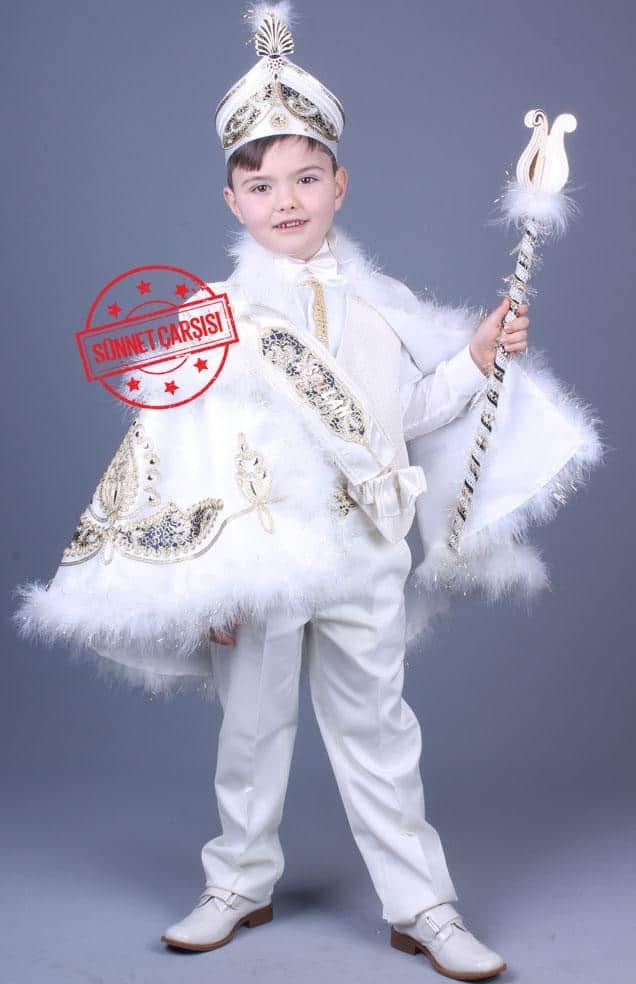
While on a holiday in the town of Selçuk, Turkey seven years ago, a framed photograph of a little boy in white fur-trimmed regalia, scepter in hand, on the wall of a small family restaurant, caught my eye. After the Deccan welcomed a pair of emerald-eyed, blue-blooded princesses into its midst, its sons and daughters have held all things Turkish in high regard. We even imagine ourselves to have a special connection with the country. So, I assumed Turkish people hold Bismillah ceremonies for their children as we do in Hyderabad. Despite the lapse of years, I remained curious to trace the tradition’s trajectory from Turkey to the Deccan Plateau. Last month, I googled ‘Turkish Bismillahs’ but came up with naught. I assumed Turks must call their ceremonies by another name. But I had no Turkish friends to verify the facts with, so I asked my friends to check with their friends. Meanwhile, I wrote emails to academics in Hyderabad and beyond. I received a reply from a religious history professor from Canada. She said: It is a fascinating idea to explore given the relationship between the Asaf Jahi Nizamsand the Ottoman Caliphate.
Relatives from my maternal side, who are Memonsfrom Kutch, do not celebrate their children’s Bismillahs. Other families, however, from the community used to in times past, but less so nowadays. As I asked around, I discovered the practice is non-existent among Arabs, Iranians, Kashmiris, South-East Asians, African, and Sri Lankan Muslims. My quest expanded to Kazakhstan and Azerbaijan. Belonging to a generation who grew up after the communist eradication of religious frills, they hadn’t a clue what I was going on about. Neither did a few Turks from the ultra-modern Istanbul. Pakistanis however hold grand Bismillah ceremonies, although I suspect the custom is more prevalent amongst those with origins in either the erstwhile United Provinces or the Deccan. Bangladeshis call the ceremony a Bismillahkhani. An imam makes the child recite the Arabic alphabet after saying the word ‘Bismillah’; the child then writes the word ‘Allah’ with his or her hand.
After I retrieved all this information, at last, a Turkish friend of a friend of a friend replied and sent me this wonderful photograph.

She said that in Turkey, families celebrate their sons’ circumcisions by hosting a boisterous, musical bash and they call it ‘sunnetduyun’. The term ‘sunnet’ means circumcision in Turkish.In the celebration, the boys dress like princes and their mothers like brides. Silly me, all this while; it didn’tstrikeme that therewere no pictures of girls in flowing white princess outfits. Interestingly, decades ago in Hyderabad, Muslim families announced their son’s circumcisions to their entire ilaqas—going to the extent ofholding a khatna(circumcision) procession.
All this rambling takes me back to the discovery that only Muslims from the sub-continent appear to indulge in Bismillah ceremonies. Conductedwhen the child (boy or girl) is between four and five years old; it is not uncommon for Bismillahs to be as elaborate as an emperor’s coronation.

Unlike the Bangladeshi practice, in Hyderabad, a family elder conducts the recitation. Parents dress their children as miniature bridegrooms or brides. The boys wear brocade sherwanis with rows of mograsdangling from their headgear. Girls wear traditional khada dupattas in resplendent shades of either vermillion-red, blood orange or falsa-berry pink and recline on the masnadin a posture attributed to brides

A sumptuous traditional feast including mutton biryani, mirchi-ka-salan, kebabs, lukhmes, red chicken, naan, apricot pudding, and double-ka-meethafollows. My favourite part of attending a Bismillah is the sight of chubby little hands reclining on enormous yellow-grained ladoos.
A Bismillah ceremony marks the beginning ofa child’s religious education. It is interesting to note that, unlike the world’s other main religions, Islam prescribes no religious initiation. Belief in one God and recognizing Prophet Muhammad as his last prophet are enough to be Muslim. Yet, the custom has a deeper significance than being an excuse to host a party. When my children were of age, I made them memorize the first five verses of Surah Al Alaq without realizing how impactful they were. It was much later in lifewhen I listened to and read accounts of Prophet Muhammad’s (SAW) first revelation that I understood their significance. My subsequent article will deal with the same. My thanks to everyone who helped me with this article.
(Note: The information on Bangladeshi Bismillahs is from this sitehttp://en.banglapedia.org/index.php?title=Bismillahkhani)
Zeenath Khan is based in Mumbai. She writes columns and blogs and is in the process of writing a book on Hyderabad.

